Settled among the magnificence of the eastern Himalayas, Bhutan, often greeted as the "Land of the Thunder Dragon," signals explorers with its delightful combination of magnificent sceneries, exciting culture, and an exclusive commitment to measuring national happiness. This kingdom, where tradition and modernity coalesce seamlessly, offers a supreme travel experience.
Before boarding on this spiritual journey, understanding Bhutan's characteristic travel requisites is supreme. From its visa policy and minimum daily package to the various climatic conditions on both sides of luxurious valleys and high-altitude mountain passes, this guide explains vital surfaces for a satisfying journey.
Whether enchanted by the colourful festivals, inspiring treks, or the warmth of Bhutanese hospitality, this introduction sets the stage for a survey that exceeds the ordinary, see-through the spirit of Bhutan's timeless attraction.
Visa and Entry Requirements
Bhutan's visa and entry necessities form a typical gateway to this spiritual kingdom. Unlike standard visa processes, tourists must assemble their visit through authorized Bhutanese tour operators, who ease the achievement of a visa on their behalf.
This private approach safeguards that tourism bring into line with Bhutan's commitment to supportable performs and cultural preservation. As part of the procedure, visitors provide a clear passport copy, and it is sensible to initiate visa accounts well in advance of the strategic travel dates.
Understanding and obeying to these exceptional entry necessities not only pledges a unified start to the Bhutanese adventure but also replicates the country's dedication to nurturing responsible and aware tourism, conserving the nation's rich heritage and nurturing a melodious coexistence between visitors and the local culture.
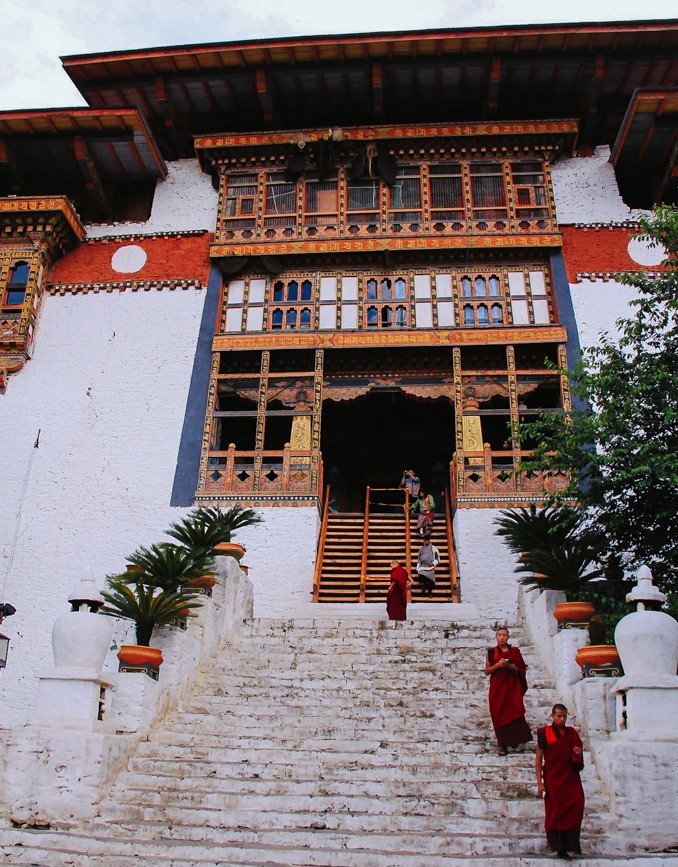
Minimum Daily Package
Bhutan's Minimum Daily Package rule stands as a characteristic model in global tourism, dazzling the kingdom's commitment to maintainable development and cultural conservation. This compulsory daily price, set by the government, protections vital aspects of a visitor's stay, including accommodation, meals, transportation, and the services of a certified guide.
The least daily package is designed to ensure that tourism assists Bhutan's economy while protecting its exclusive traditions and environment. Prospective tourists should involve authorised tour workers to determine the current daily package cost, which differs based on the time and group size.
While this method may seem alternative, it guarantees an authentic and immersive experience, nurturing a bottomless connection between visitors and the realm's rich cultural heritage. Understanding and implementing the Minimum Daily Package is not only a logistical need but an aware choice to contribute to Bhutan's maintainable development and protection activities.
Currency and Payment
Directing Bhutan's financial scenery involves an understanding of its currency and expense practices. The authorised currency is the Bhutanese Ngultrum (BTN), but Indian Rupees are extensively accepted across the country. Tourists are directed to carry adequate cash, especially in rural areas, as credit card receipt may be limited.
Understanding with the current conversation rates safeguards smooth dealings. It is sensible to exchange currency at lawful banks or currency conversation counters to obtain the best rates. While city centers may have ATMs, rural areas might lack these facilities, stressing the importance of cautious financial planning.
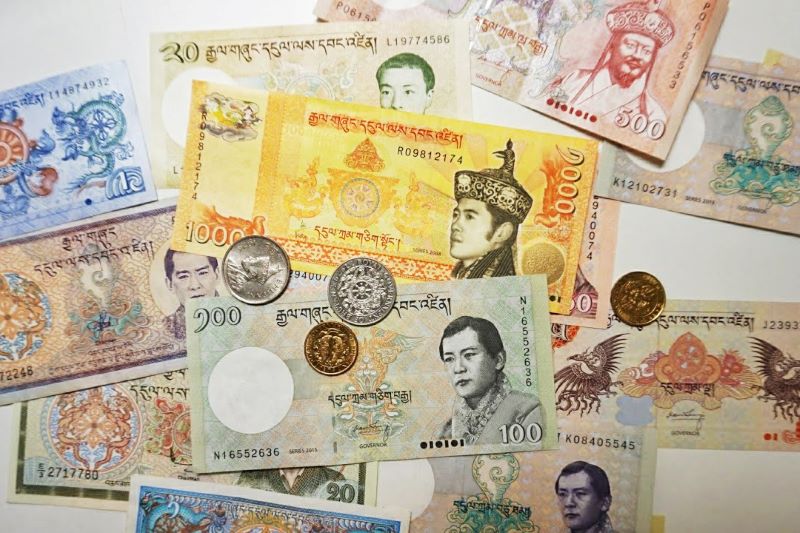
The combination of Bhutanese Ngultrum and Indian Rupees in daily dealings underlines the close ties between Bhutan and its bordering countries. By being aware of these currency shades, visitors can direct the kingdom's financial scenery with ease and make the most of their Bhutanese halt.
Altitude Considerations
Altitude considerations are paramount when exploring Bhutan, a country characterised by varying elevations. Popular destinations like Paro and Thimphu are at moderate altitudes, while places like Bumthang reach higher elevations.
Visitors should acclimatise gradually to prevent altitude sickness, staying hydrated and allowing their bodies to adjust. Consulting a healthcare professional before the journey is advisable, particularly for those with pre-existing health conditions.
Being mindful of the altitude ensures a safer and more enjoyable exploration of Bhutan's diverse landscapes, where breathtaking valleys and mountain passes coexist, inviting travellers to experience the kingdom's natural grandeur.
Weather and Climate
Bhutan's various geography results in diverse weather and weathers across the country. Lowland areas experience subtropical conditions with sincere temperatures, while higher heights bring cooler climates, particularly during winter. Monsoon rains succeed from June to September, manipulating weather designs. It's vital for tourists to check exact regional predictions and pack accordingly.
Layers are suggested to billet temperature variations. Bhutan's weather adds a lively element to its beautiful beauty, from flourishing valleys in spring to snow-covered sceneries in winter. A refined understanding of these climate dynamics improves the travel experience, safeguarding ease and pleasure throughout the journey.
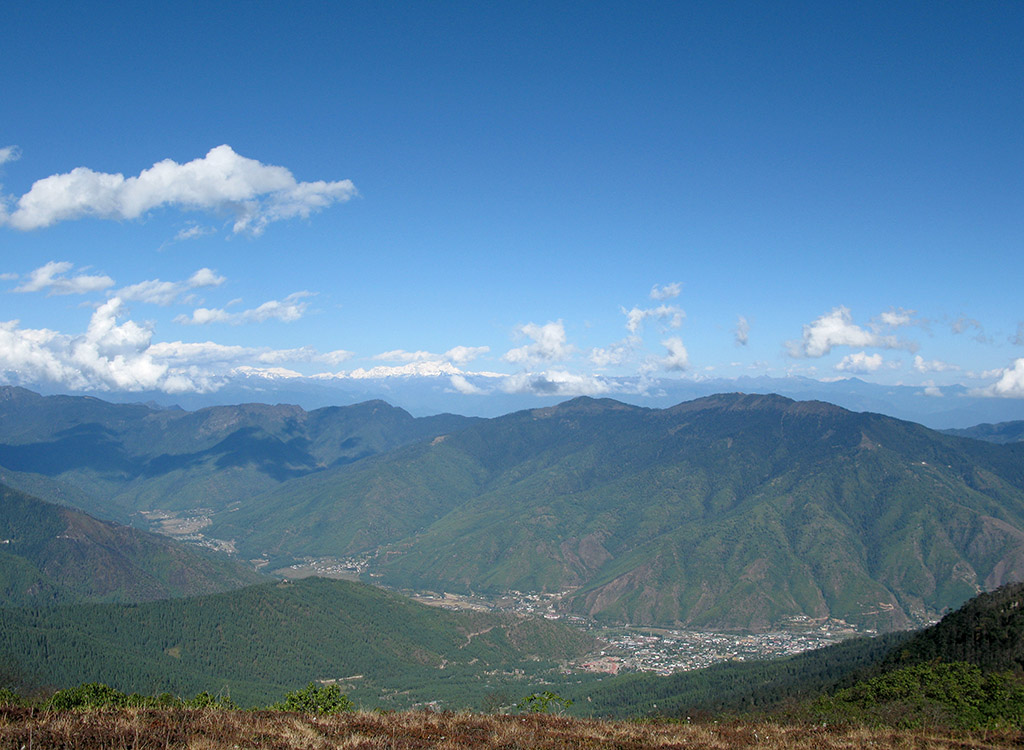
Cultural Sensitivity
Cultural sensitivity is essential to a rewarding experience in Bhutan, a state deeply ingrained in tradition. Tourists should dress humbly, regarding local customs and traditions. In spiritual sites, looking for consent before photography and keeping a quiet behaviour is customary.Learning and put on basic Dzongkha phrases further improves interactions.
Greetings and connections are often conducted with both hands, highlighting respect. This cultural awareness raises positive influences with Bhutanese locals, endorsing a melodious existence between visitors and the country's rich inheritance. As visitors in this culturally lively kingdom, practising sympathy ensures a deeper gratitude for Bhutan's unique customs and civilizations.
Festivals and Events
Bhutan's lively festivals and proceedings are cultural specs that offer an immersive involvement for tourists. These energetic celebrations display case traditional dances, exciting costumes, and religious ceremonies, providing vision into the kingdom's rich heritage. Timing your visit to concur with festivals, such as Paro Tsechu or Thimphu Tshechu, increases the cultural journey.
However, planning ahead is vital, as these events attract important crowds. The festive air, religious fervour, and the display of colours make joining Bhutanese festivals an essential part of the travel route, as long as memorable moments of cultural celebration and connection.
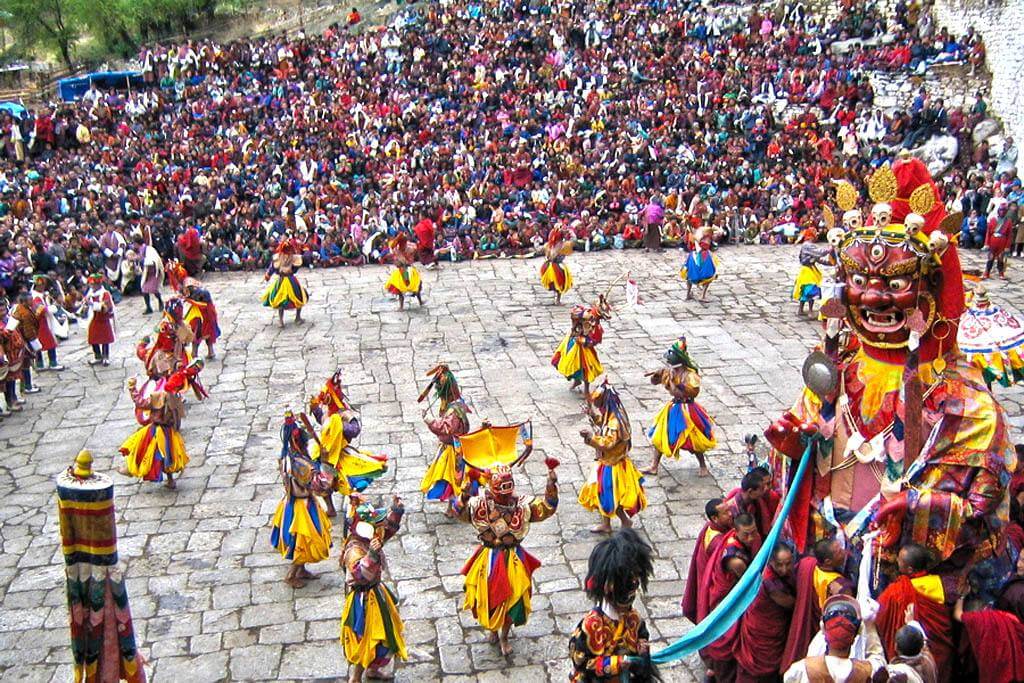
Trekking and Adventure Activities
Bhutan's original lands offer a heaven for trekking enthusiasts and journey searchers. Iconic treks, like the interesting Tiger's Nest trail, showcase wonderful sets and cultural meets. Trekkers should be actually prepared for variable altitudes and random weather.
Adventure actions like mountain biking and river rafting also signal thrill-seekers. Permits are often compulsory for trekking, safeguarding environmental maintenance. Safety measures and superiority equipment are supreme, highlighting responsible surveys.
Bhutan's topography, from high mountain passes to luxurious valleys, provides an image for exciting adventures, making it a perfect destination for those looking for an active and immersive outdoor knowledge.
Wildlife and Nature Conservation
Bhutan's promise to wildlife and nature conservation is plain in its original national parks and preserves. The realm is home to various flora and fauna, including rare species like the snow leopard. Accountable tourism is stimulated, with visitors directed to follow designated trails, minimise conservational impact, and obtain permits for endangered areas.
Bhutan's importance on sustainability extends to its exclusive approach to measuring Gross National Happiness, an all-inclusive commitment to environmental shield and the well-being of both its people and the natural world. Sightseeing Bhutan's untouched wilderness offers a chance to witness its enthusiasm for consistent human activity with the atmosphere.
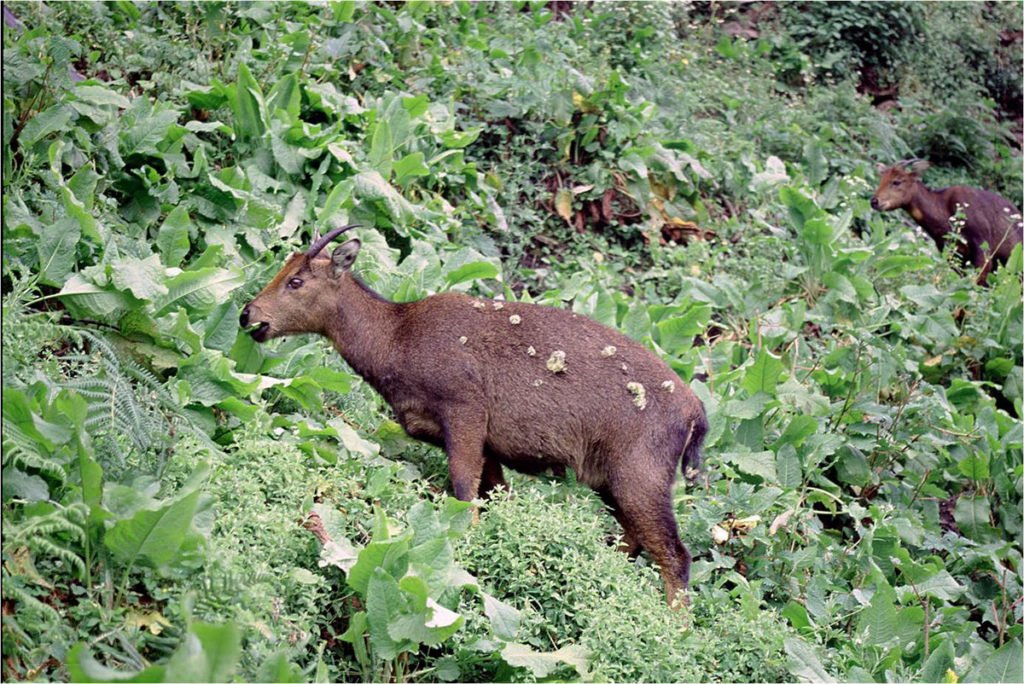
Language
While Dzongkha is Bhutan's authorised language, English is extensively spoken, especially in tourist areas. Learning a few straightforward Dzongkha phrases, however, can improve the cultural experience and substitute influences with locals.
Greetings are mainly significant, often led with a traditional bow and the connection of hands. Understanding and regarding the importance of language in Bhutanese culture is key to meaningful connections.
Locals raise visitors making an exertion to communicate in Dzongkha, showcasing an honest interest in the kingdom's language and cultural heritage. This language exchange becomes a bond to a profound understanding of Bhutan and its warm-hearted people.
Health and Safety
Listing health and safety is vital when wandering to Bhutan. While the country claims a good healthcare system, medical facilities may be incomplete in distant areas. Visitors should carry a basic first aid kit and any essential medicines. Checking a healthcare expert before travelling, specially to high-altitude regions, helps stop altitude sickness.
Staying updated on vaccinations and procurement travel insurance that covers medicinal crises and removal is sensible. Being mindful of personal health and safety safeguards a worry-free survey of Bhutan's various sceneries, where careful preparation pays to a positive and satisfying travel experience.
Transportation
Directing Bhutan's charming sceneries involves understanding its transportation shades. While road substructure has better-quality, travel times may be long-lasting due to twisting mountain roads. Domestic flights connect key regions, contributing a quicker substitute. Scheduling routes with possible stays in mind is judicious.
Bhutan's exclusive geography commands the use of skilled drivers for road travel. In urban areas, limited public transportation is accessible, making private transport or directed tours common choices. This nuanced approach to transportation safeguards explorers can completely appreciate the kingdom's beauty, from its lively cities to the calm valleys, with a consistent and thoughtful means of getting around.
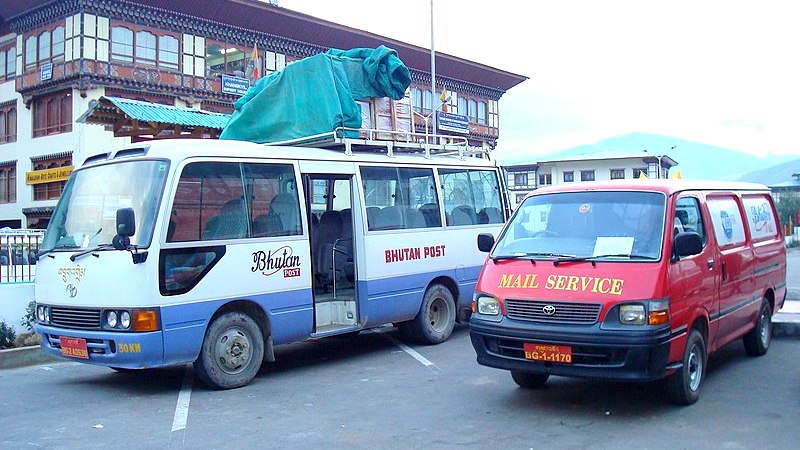
Internet and Communication
Internet and communication organisations in Bhutan may vary, with city areas having more dependable entree than rural areas. While some hotels and cafes offer Wi-Fi, connectivity can be irregular. Local SIM cards can be acquired for mobile communication, but attention may be limited in remote areas.
Notifying family and friends about possible communication challenges is sensible. Acceptance of the irregular connectivity inspires a digital detox, allowing visitors to dip themselves in Bhutan's natural beauty and cultural wealth without the interruptions of endless online presence, causal to a more thoughtful and reliable travel experience.
Photography Restrictions
Bhutan, with its amusing cultural heritage, often enforces photography limits, particularly in spiritual sites and during rituals. Visitors are directed to pursue permission before taking photos in such locations. Some areas may have chosen "no photography" zones to respect the holiness of the surroundings.
Respecting these limits is integral to conserving the cultural integrity of Bhutan and upholding the mystical ambiance of holy sites. Tourists should exercise sympathy, query about rules at each location, and chorus from taking images in limited areas to safeguard a respectful and melodious contact with the country's cultural and religious traditions.
Souvenirs and Shopping
Travelling Bhutan's exclusive markets offers a chance to collect individual mementoes. Traditional handicrafts like handwoven materials, knottily crafted wooden items, and exciting thangka paintings imitate the country's rich cultural heritage. However, tourists should be conscious of spreading regulations, especially for religious objects.
Popular shopping destinations contain markets in Thimphu and Paro, where local artists showcase their skills. Supporting local businesses safeguards a reliable experience, and trading is not a common practice. Choosing mementoes thoughtfully adds a meaningful touch to the journey, permitting visitors to carry a piece of Bhutan's artistic and cultural inheritance back home.
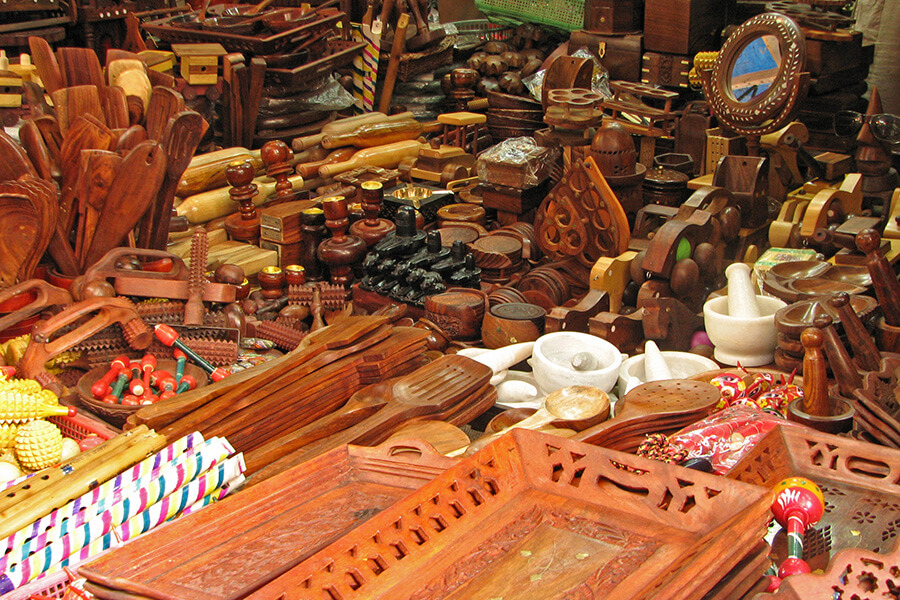
Conclusion
In conclusion, boarding on a journey to Bhutan reveals a textile of experiences that flawlessly mixture natural beauty, cultural richness, and a promise to sustainability. The realm's exclusive visa process, captured in its Minimum Daily Package, sets the tone for answerable tourism, guaranteeing that visitors donate to Bhutan's cultural conservation and economic development.
From the varied climates and heights to the warmth of Bhutanese hospitality, every feature of the journey demands a nuanced sympathy. Treks through original sceneries, exciting festivals, and meets with the realm's wildlife showcase Bhutan's commitment to preservative its natural and cultural heritage.
As guests navigate through delightful towns and remote valleys, the standing of cultural sympathy, health precautions, and devotion to photography limitations becomes plain. Bhutan's separate charm lies not just in its wonderful sceneries but also in its people, verbal, and age-old traditions.
In the middle of this charming journey, tourists must hold the irregular connectivity and irregular internet admittance, permitting for a digital detox that expands their involvement into Bhutanese genuineness. Mementoes collected from local markets help as touchable notices of the kingdom's creative legacy, while humble interactions with local community’s substitute connections elsewhere borders.
Bhutan, with its promise to Gross National Happiness, leaves an ineffaceable mark on those who scheme within its borders, hopeful a thoughtful appreciation for aware travel and the melodious existence of tradition and modernity. Each tourist departs not just with memories of Bhutan's supreme beauty but with a brand-new respect for the kingdom's firm dedication to preserve its cultural and environmental resources.

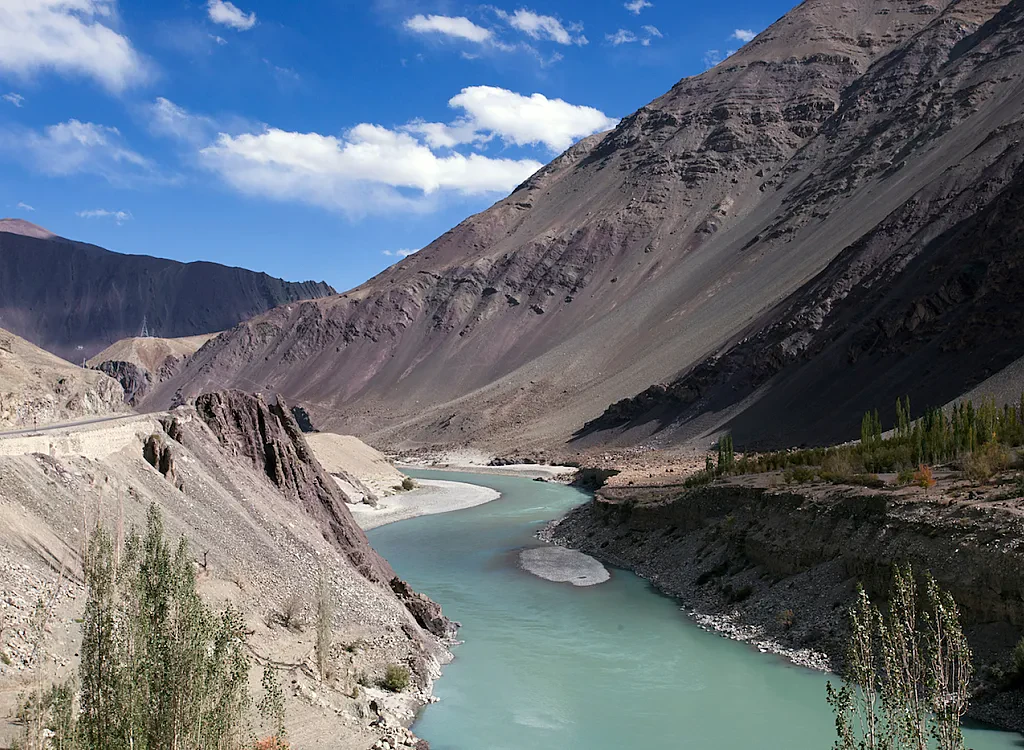
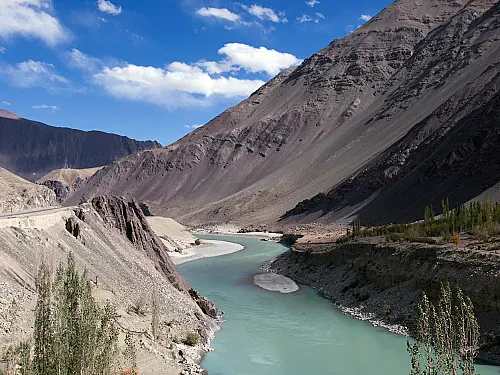
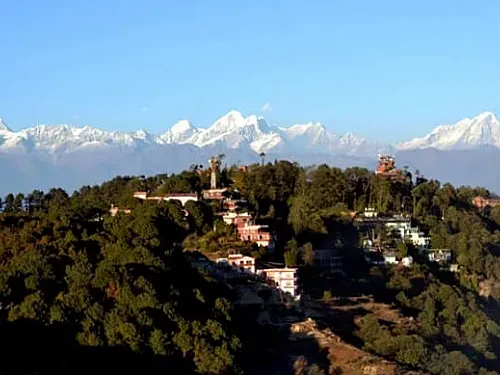
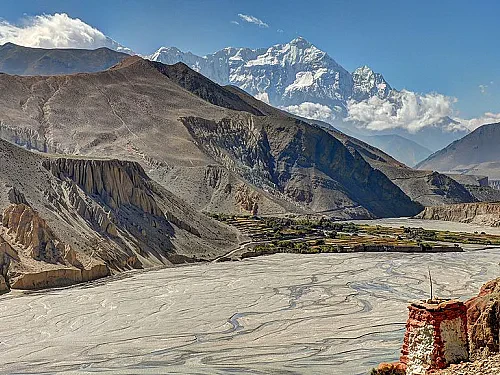
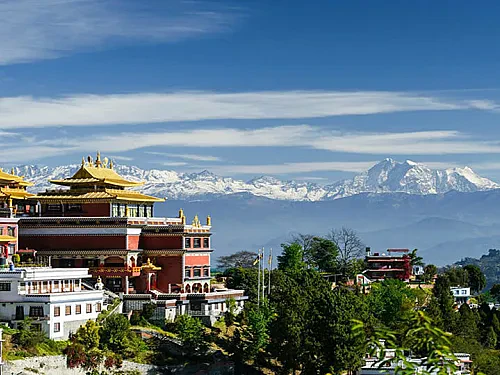
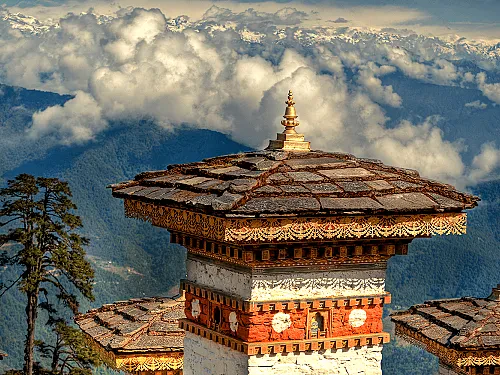
Comments